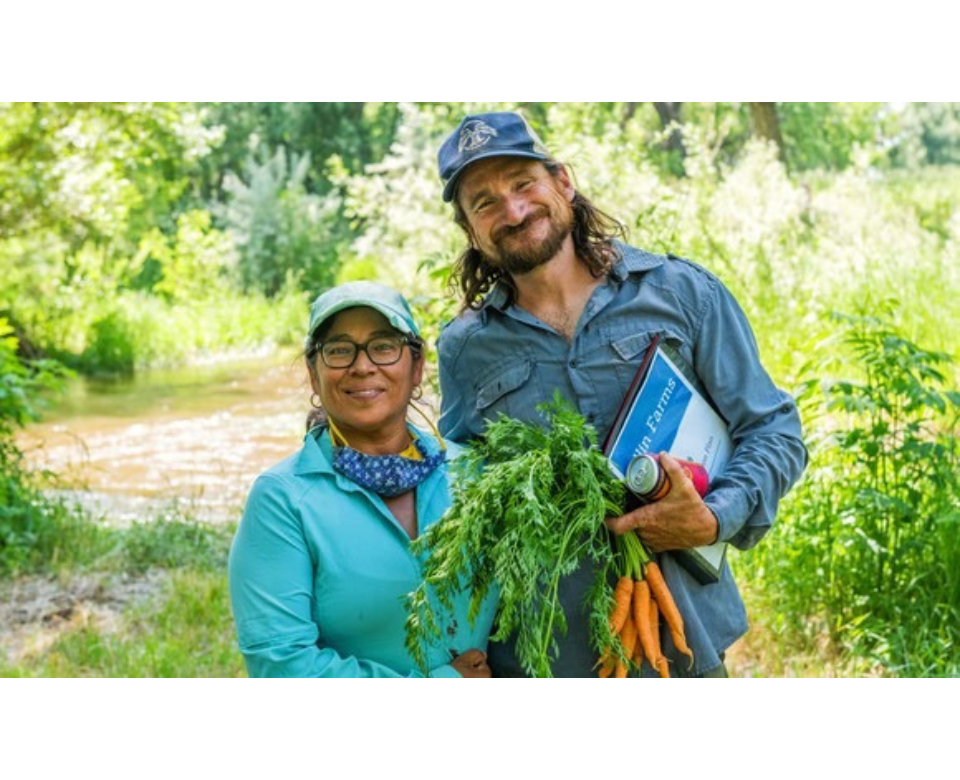If you drive past Ollin Farms on the outskirts of Longmont, you might see sheep grazing in the fields as they fertilize the farmland. This is just one of many regenerative farming techniques used at Ollin Farms, techniques which gained the farm recognition at the United Nations earlier this month.
Mark Guttridge started Ollin Farms 17 years ago with his wife, Kena. Like many farmers, Guttridge worried about the health of his soil.
“The health of the soil relates directly to the nutrient quality and the nutrient density of the food,” Mark Guttridge said.
Guttridge also worries about sustainability and sees soil quality, nutrient density and climate change as inextricably linked. At Ollin Farms, regenerative farming techniques play an important role in addressing these land management issues.
“Organic farming has effectively given consumers an option for obtaining food that is free of harmful chemicals,” Guttridge said. “Nutrient-dense farming aims to create highly functional soil ecosystems. The bottom line is better soil, better food.”
Ollin Farm’s focus on sustainability and nutrition led them to cultivate a partnership with CU Denver. That partnership has become part of the university’s curriculum for the Learning Development and Family Sciences program.
On May 15 the farm’s sustainable practices took them to the floor of the United Nations.
Ollin Farms, in partnership with CU Denver, was represented at the United Nations for the 30th Annual International Day of Families observance by Ruben P. Viramontez Anguiano, the founding program chair and professor of Human Development in Family Relations program in the School of Education & Human Development.
Anguiano, alongside his son Olin and Mark and Kena Guttridge, presented scholarly research about the importance of indigenous practices and regenerative farming in the modern era. This year’s theme for the International Day of the Family focused on families and climate change.
The paper, “At the Crossroads: Climate Change, Indigenous Perspectives and Sustainable Family Farming” used Ollin Farms as a case study of land management that employs indigenous farming practices. The paper also discussed the importance of involving families in the process of growing food.
Ollin Farms served as an example of an actively regenerative farm involving youth and families. The paper focused on the importance of incorporating youth in sustainable farming practices as they move forward to become stewards of the environment and preserve the traditions and heritage of indigenous land management.
“Participating in this meeting at the United Nations has allowed us to reflect on the 17-year journey of the farm and all the people and organizations that have supported us over the years. Ollin Farms has been a community effort, and we wouldn’t be where we are today without the support of our CSA members, farmstand customers, employees, students and volunteers,” Guttridge said.
You can find the full paper here.



